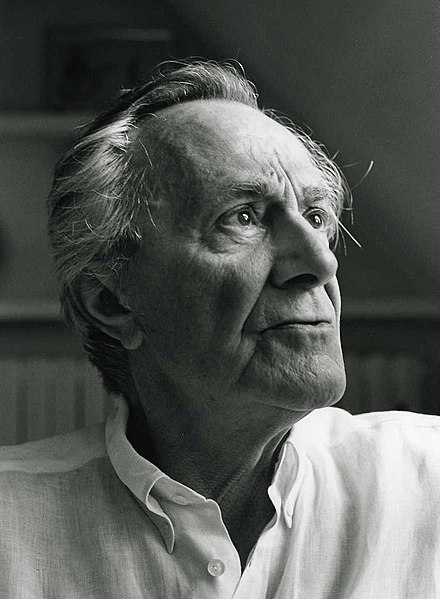
French post-structuralist philosopher, best known for his highly influential formulation of postmodernism in The Postmodern Condition. Despite its popularity, however, this book is in fact one of his more minor works. Lyotard’s writings cover a large range of topics in philosophy, politics, and aesthetics, and experiment with a wide variety of styles. His works can be roughly divided into three categories: early writings on phenomenology, politics, and the critique of structuralism, the intermediate libidinal philosophy, and later work on postmodernism and the “differend.” The majority of his work, however, is unified by a consistent view that reality consists of singular events which cannot be represented accurately by rational theory. For Lyotard, this fact has a deep political import, since politics claims to be based on accurate representations of reality. Lyotard’s philosophy exhibits many of the major themes common to post-structuralist and postmodernist thought. He calls into question the powers of reason, asserts the importance of nonrational forces such as sensations and emotions, rejects humanism and the traditional philosophical notion of the human being as the central subject of knowledge, champions heterogeneity and difference, and suggests that the understanding of society in terms of “progress” has been made obsolete by the scientific, technological, political and cultural changes of the late twentieth century. Lyotard deals with these common themes in a highly original way, and his work exceeds many popular conceptions of postmodernism in its depth, imagination, and rigor. His thought remains pivotal in contemporary debates surrounding philosophy, politics, social theory, cultural studies, art and aesthetics.
Lyotard’s theory on Postmodernism
By tllabello
Postmodernism is defined according to Lyotard as taking the rules of modernism and using them as guidelines for postmodernism. Lyotard states in his “What is Postmodernism?” piece, “…it must be clear that it is our business not to supply reality but to invent allusions to the conceivable which cannot be presented” (81). Also postmodernism has the writer refer to something the author is alluding to in their stories.
Most of Lyotard’s theory can be summed with one quotation which states, “A postmodern artist or writer is in the position of a philosopher: the text he writes, the work he produces are not in principle by preestablished rules, and they cannot be judged according to a determining judgment, by applying familar categories to the text or the work. Those rules and categories are what the work of art are looking for. the artist and the writer, then, are working without rules in order to fomulate the rules of what will have done” (81). This shows the difference between modernism and postmodernism as that modernism looks for form in writing and have rules where postmodernism use different forms in their writing.
No comments:
Post a Comment